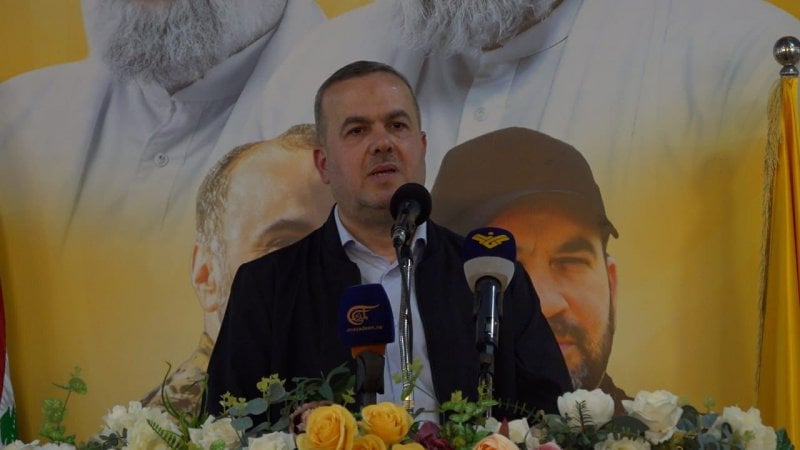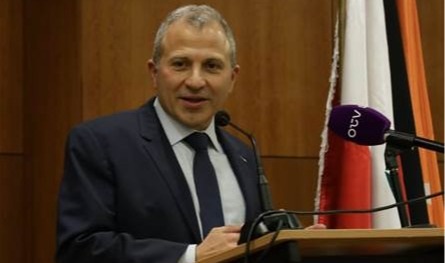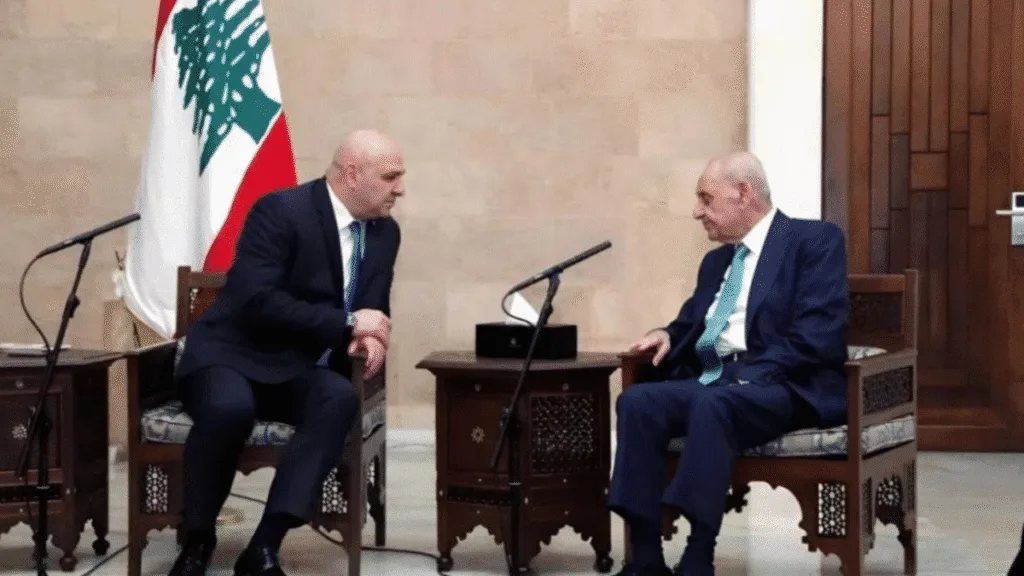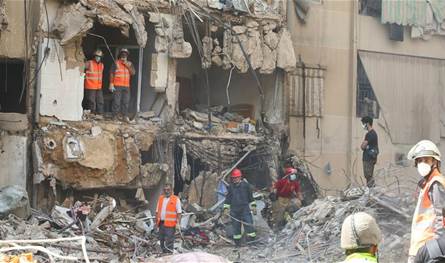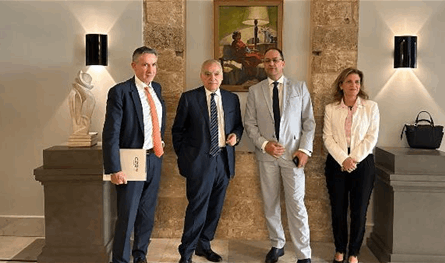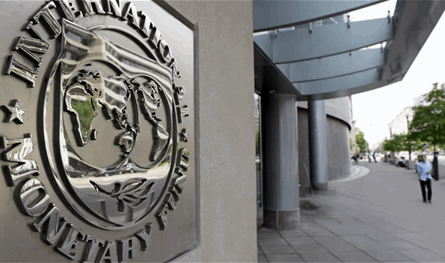
“Al-Akhbar” wrote: Despite the Lebanese state’s implementation of the majority of the IMF’s requests, the Lebanese delegation participating in the fall meetings of the Fund and the World Bank heard harsh words regarding the Lebanese path in adhering to the required procedures, emphasizing that the reform laws need to be re-amended, even if their decree was issued in the Official Gazette, and a clear reference to the law reforming the status of banks and reorganizing them.
The comments included a reference to the necessity of amending the law to allow the closure of non-viable banks, contrary to the wishes of the Governor of the Bank of Lebanon, Karim Said, and amending the mechanism for appointing the two chambers related to banking bodies in terms of denying any banker access to them, and writing off the capital of shareholders in the banks as a restructuring step.
One of the attendees said that the sentence repeated by prominent attendees was that any support for Lebanon will not occur before a security agreement is reached between Lebanon and Israel, similar to what is happening with Syria.
Visitors to the Syrian capital noticed that, as happened in New York, the IMF meetings seem focused on the situation in Syria, while there is no serious interest in Lebanon, despite the large Lebanese delegation compared to the narrow Syrian delegation.
Gabriel Murad wrote in “Call of the Nation”: According to the data, the government delegation’s path with the IMF was not easy, in light of new observations that emerged in the discussions, amid the delegation’s astonishment at this, and asking about the reasons.
The information revealed that the political file takes precedence over any other matter, and is almost the gateway to a solution, if not the mandatory path to a financial and economic solution and recovery in general in Lebanon.
According to the information, it became clear during these meetings that there is a question about the Lebanese judiciary and its serious, decisive and resolute role in making the decisions required to restore confidence in it first and in Lebanon second. Legislation is useless, as one American official said, if there is no judiciary to hold it accountable.
The information indicates that the American administration will not stand idly by in the face of any attempt to dilute or evade responsibilities and decision-making and implementation. There are those who are studying again a package that is ready, or at least in its implementation process, to impose new sanctions and tighten the implementation of old ones.
How will Lebanon deal with this open opportunity? Does he take the path of solutions, or does he hesitate and delay, thus missing the opportunity?



